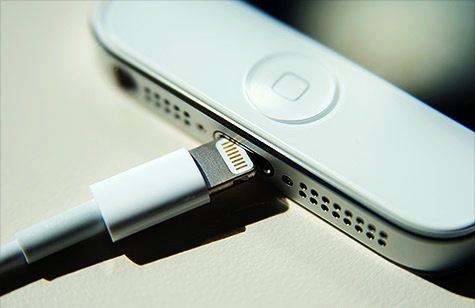When Apple introduced the iPhone 5 last fall, it turned the iOS accessory market upside down. In addition to the new handset, the company unveiled its new Lightning dock connector—a 9 pin port that instantly made millions of add-ons obsolete.
But Apple didn’t just change the connector, it also tightened up the requirements for its third-party MFi accessory program. And today, Mophie, who just announced the Helium battery case for the iPhone 5, offers some insight on the changes…
The New York Times‘ Brian Chen reports:
“Mophie, an accessory maker, shared some insight into Lightning and the overall process of making an Apple accessory. (This week it introduced theHelium, its first iPhone 5 case with a backup battery.) When a hardware maker signs up with Apple’s MFi Program, for companies that make accessories for Apple products, it orders a Lightning connector component from Apple to use in designing the accessory. The connectors have serial numbers for each accessory maker, and they contain authentication chips that communicate with the phones. When the company submits its accessory to Apple for testing, Apple can recognize the serial number.”
Why would Apple go through all this trouble? Well there’s a few reasons. For one, the chips make it more difficult for accessory makers to produce cheap, and possibly harmful, knockoff products. And two, it pushes companies to pay Apple’s MiFi fees.
Of course, the chip can be reverse engineered. But Mophie’s VP of Marketing Ross Howe says that non-certified accessories won’t work as well. And he also notes that Apple has the power to disable these unauthorized products with a software update.
As a consumer, I can appreciate Apple’s strict Lightning accessory guidelines. I like knowing that the add-ons I purchase have gone through rigorous testing. But if I were an aspiring third-party accessory maker, I’d probably be more frustrated than anything.
